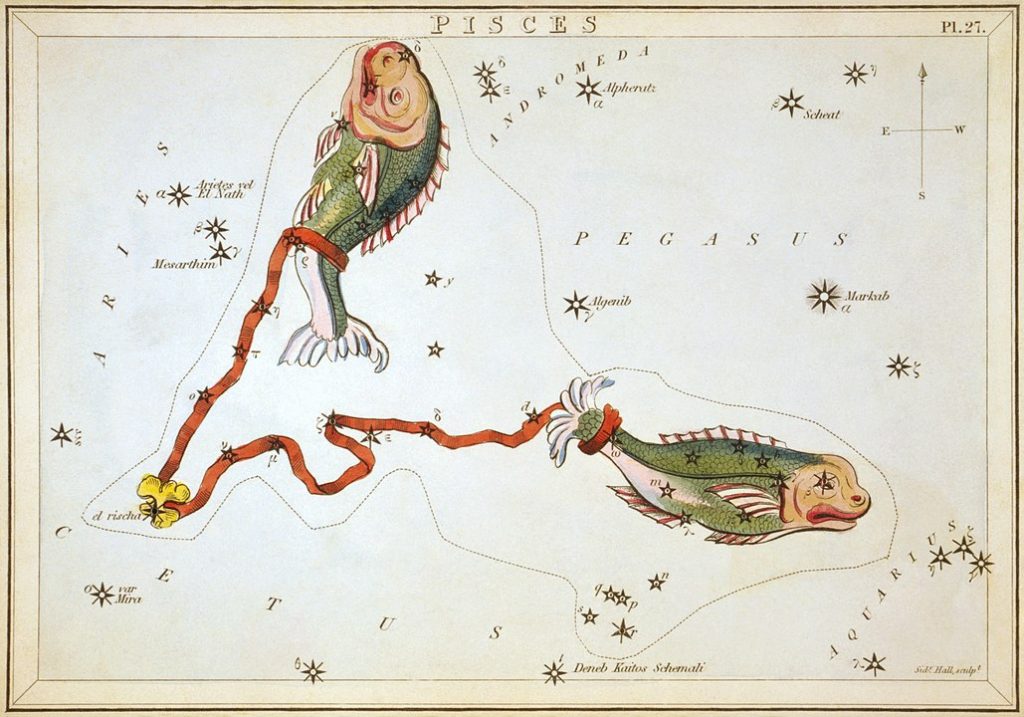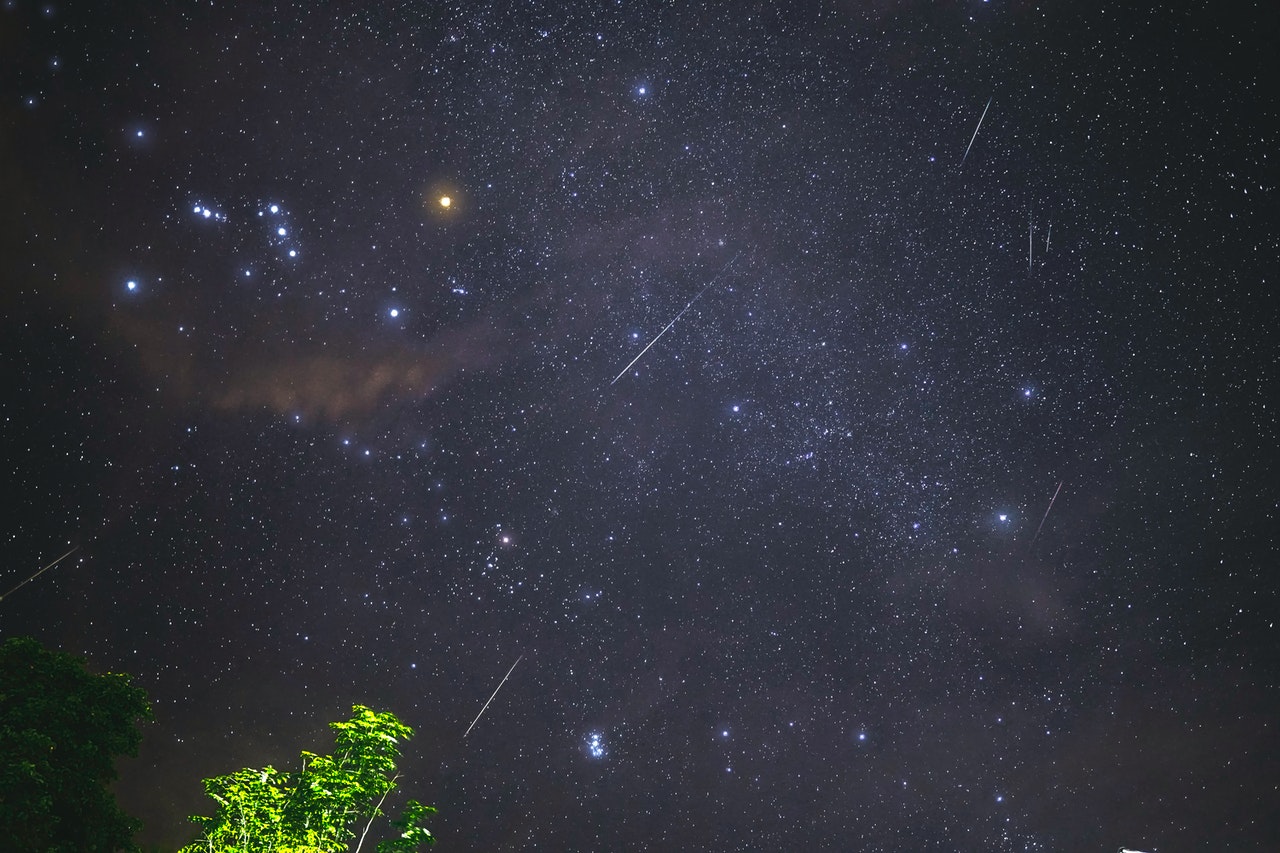We know, we know…it is November. It’s dark, wet, cold and gloomy. We bet you are planning on spending your evenings on a sofa, wrapped in a blanket or two with a mug of hot tea (or is it cocoa?). Definitely not standing outside with your head tilted up peering at the dark sky! Right?
And yet, November is full of little stargazing surprises. There will be meteor showers, the moon, the planets… The International Space Station might sweep above the place where you live and our favourite ‘Winter’ constellations will start making their first appearance this season.
Find out what’s up in the sky in November 2021 and you might change your mind about that stargazing session!
Moon Phases calendar
4 November: New Moon
11 November: First quarter Moon
19 November: Full ‘Beaver’ Moon. A Partial Lunar eclipse will occur on the night of the Beaver Moon. It will be seen from the Pacific Region, the Americas and Australia.
27 November: Last quarter Moon
Naked eye planets
All month long you can easily spot the two gas giants, Jupiter and Saturn, in the southern sky after sunset. Finding Venus – which is also visible after sunset in the south-west – might be trickier. The planet will remain fairly low above the horizon and, depending on where you are observing from, might be hidden from your view.
Mars and Mercury can be seen before dawn but both are very challenging to spot this month.
November 2021 Meteor showers
The Taurids would be the first of the two minor annual showers to graze the skies in November 2021. The shower’s maximum on November 4-5 will produce 5 – 10 meteors every hour. The Taurid meteor shower will peak just after the New Moon – a perfect opportunity for shooting stars spotting! These slow and often bright meteors – a debris left behind by the comet Encke – will continue to appear for about a week following maximum, but the growing Moon will make them progressively more difficult to see.
The second shower of November 2021 is the Leonid meteor shower associated with comet Tempel- Tuttle. This shower will reach its peak on November 17-18 only just a day before the Full Moon, so that the Leonids’ visibility would be significantly reduced. Anyone up for a challenge?
November constellations

Image: Pisces, Sidney Hall, Public domain, via Wikimedia Commons
It might feel like Winter is here already as the traditional winter constellations, Orion the Hunter and Gemini the Twins, slowly take over the late evening skies. If you already know all the ‘basic’ star patterns and are ready to up your game, look out for Pisces. This small zodiac constellation with its two-fish-tied-by-ribbon asterism is well placed for observing in November 2021’s southern sky. Good luck!
November 2021 ISS passes
If you ever get tired of observing the natural wonders of the heavens, see if you can spot some of the man-made objects that orbits around the Earth. Like, for example, the International Space Station. Thanks to its reflective football-field-sized solar panels, the ISS is the second brightest object in the night sky after the Moon and is fairly easy to find! If you know when and where to look, that is. The ISS can be seen when the sky is dark but the station itself is illuminated by the Sun, i.e. after sunset or before sunrise. If you want to find out the date and time of the next ISS sighting opportunity in your area, check out NASA spot the station tool. Keep in mind that not all passes are born equal.
The best ones would…
- Be long
- Have a maximum elevation (aka maximum height) of 40 degrees and over. Otherwise the station might be too low above your local horizon and obstructed by the trees and/or buildings
- Occur after sunset or before sunrise
Happy November 2021 stargazing!
Still not sure if you can brave November weather to see the night sky? Why not visit our planetarium show instead? During our presenter-led Star Dome sessions and Astronomy talks you will learn about the night sky, visit some of the planets and moons (both in the Solar System and beyond), learn about the past, current and future space exploitation and so much more! We hope you will come visit us soon!
Author: Irina Vladimirova
Irina Vladimorova is a presenter at WonderDome Planetarium and a regular contributor to WonderDome Astronomy Blog. She holds a degree in Astrophysics and a special place in her heart for planetary science.

